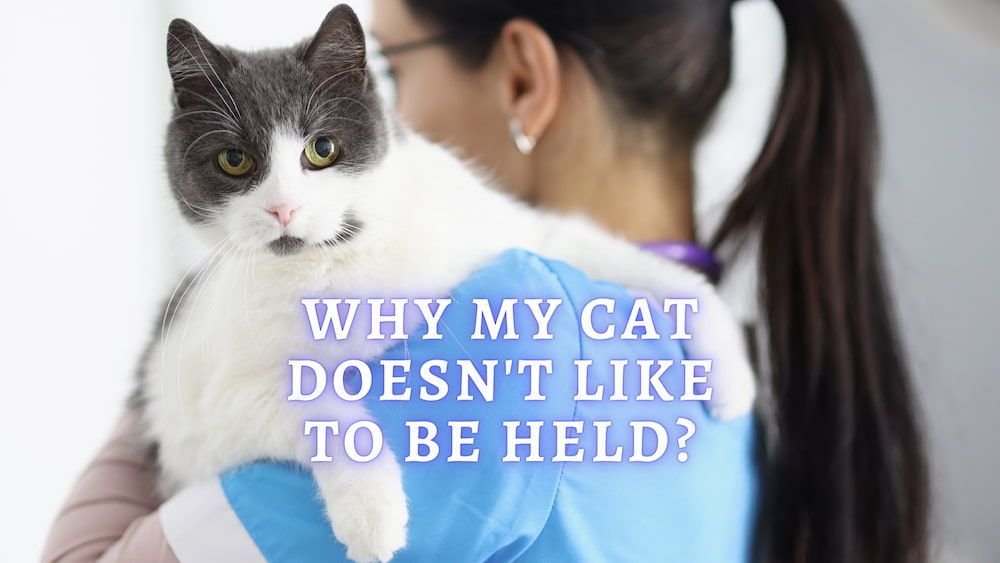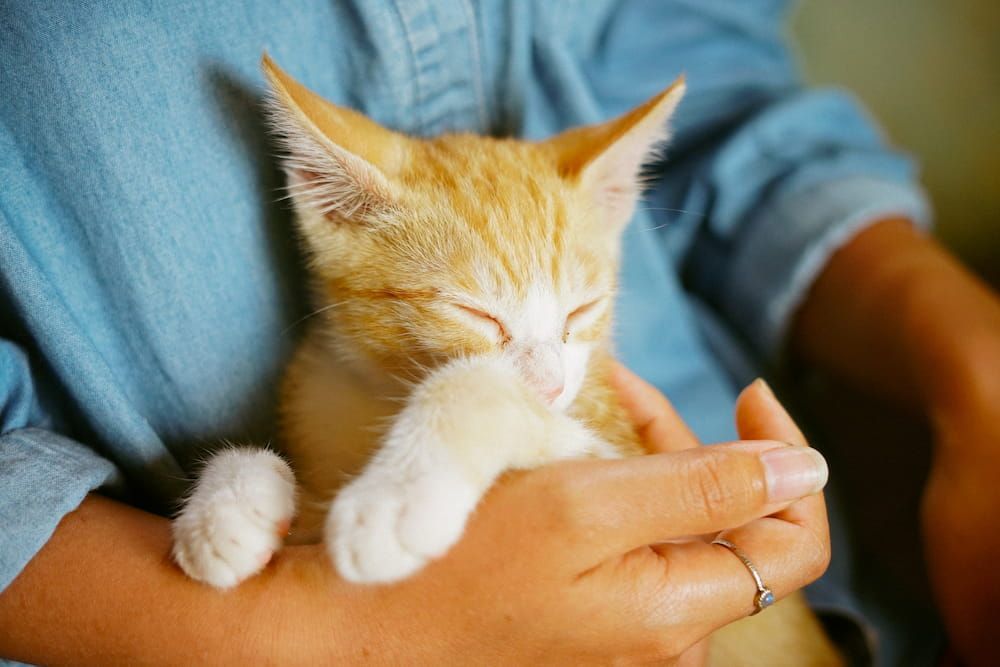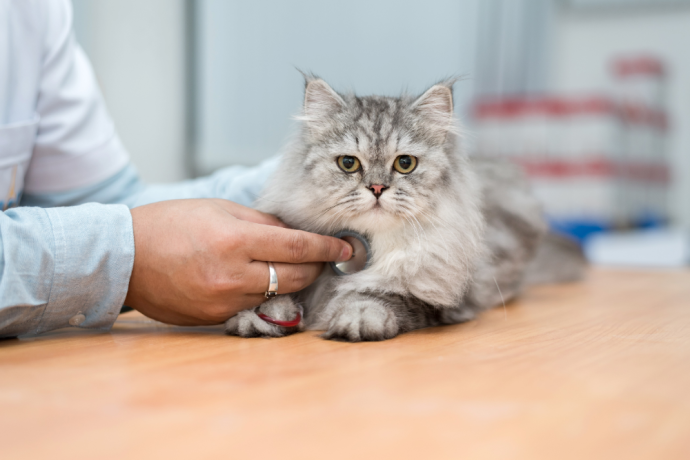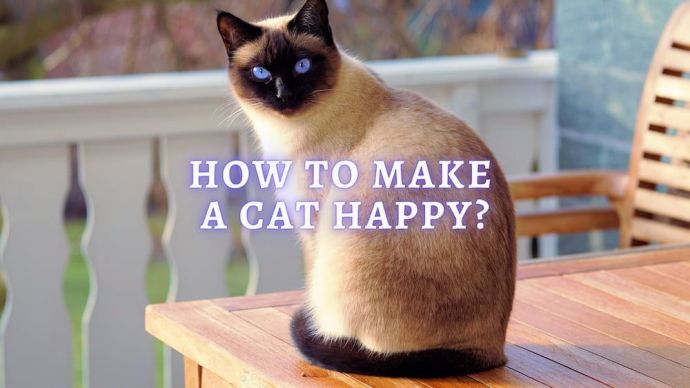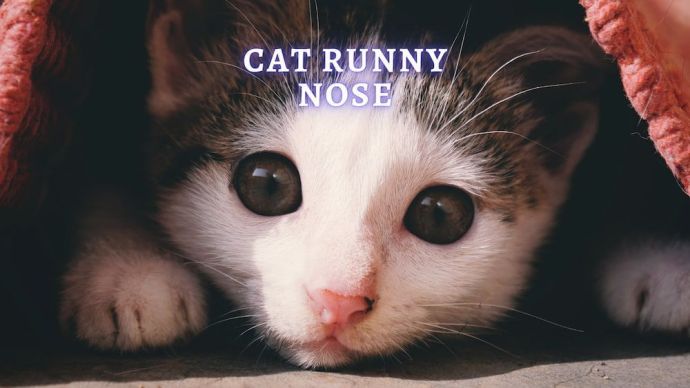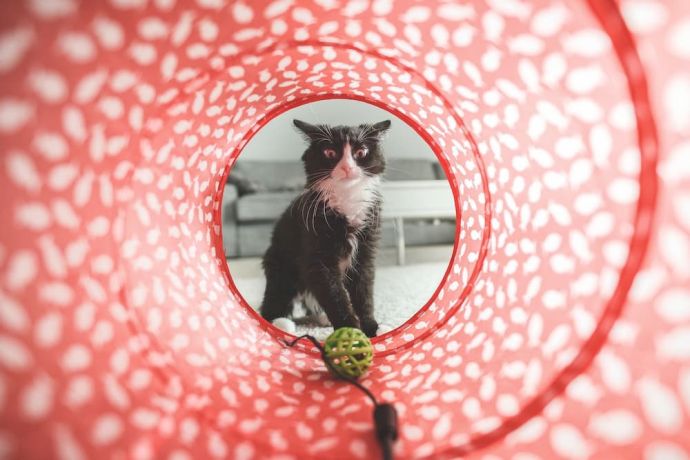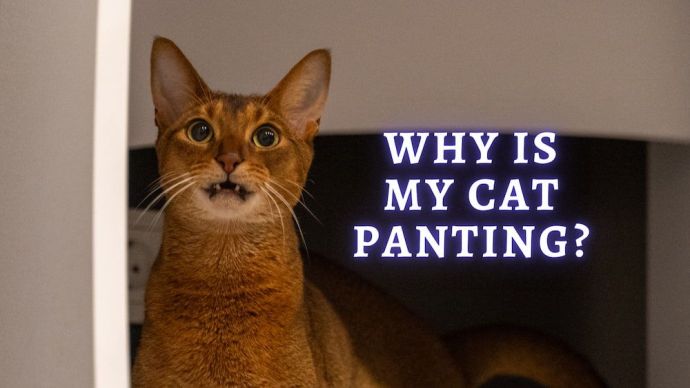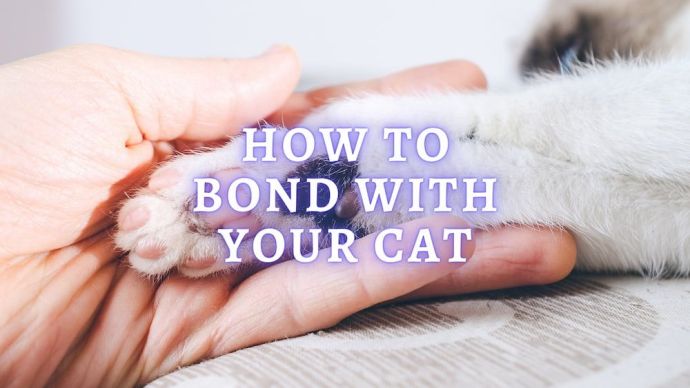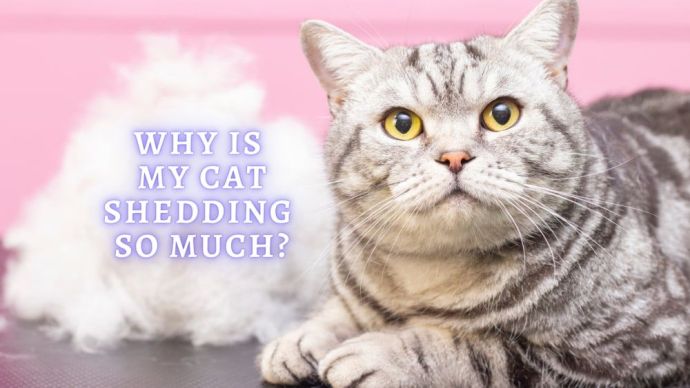Why Doesn’t My Cat Like to be Held? 8 Reasons Why And How to Change It
Written by:
Author: Vicki Smirnova
Vicki Smirnova is a professional writer and editor who adores animals and helps readers get along well with their pets. She has been working in digital media for more than 5 years and has great experience writing content about lifestyle, including pets. Vicki specializes in dog health and nutrition, cat feeding, dog training. She is an aquarium lover and is passionate to write about fish care at home. Also, Vicki headed several websites and worked as a news editor.
View all 245 articlesLearn about our editorial process and veterinary review board.
Viewed: 2889
Updated on: 05/12/2023
Owners of some cats worry that their pets behave cautiously, do not fawn and do not seek their affection. People often imagine an idyllic picture of a quiet evening with a fluffy pet snuggled on their lap, their cat a companion.
However, some cats do not show interest in such a pastime and do not like to be petted. Before sounding the alarm and looking for a solution to the “problem,” it is worth understanding the reasons for the pet’s behavior.
Most cats do not tolerate close contact with people. However, if your pet doesn’t like to be petted, respect this fact. And if your pet does not want to be hugged – do not force it. Such relationships are not uncommon, but they are the fruit of long and quiet training.
Reasons why cats hate being picked up or petted
There are several reasons that furry friends do not like to be held. Some cats are insufficiently socialized. This often happens if the cat lives with one person and does not go outside. In this case, the cat may not even let itself be stroked.
Aversion to physical contact may be due to the characteristics of the breed. Some cats often behave very independently and do not really need caresses. They are self-sufficient and usually do not need to be petted.
You should also take into account the cat’s health. If the pet has a disease, a disorder or postoperative pain, it should not be surprising that it will not want your hugs. In this case, it may be painful or uncomfortable. [1]
1. They are scared
Fright or worries are often the reason such cat behavior. Many furry friends do not like their owners to hold them. Sharp and loud noises, thunderstorms or fireworks can scare the cat, after which it will take some time to calm down and return to normal. In such cases, the gentle voice of the owner can help.
Also, some owners occasionally make a mistake and approach their cats from behind and suddenly grab them. It is not recommended to do this, since the furry friend must understand what is happening and who is doing it.
A negative life experience of the animal may also make it feel fear, associating the proximity of human hands with unpleasant events and sensations. Only the sensitivity and patience of the owner will help it overcome this fear and learn to trust people again (at least its own). [2]
2. Adult cats are not socialized
Some cats are not inclined to actively communicate with humans. Cat hates to be touched, avoid stroking and try to escape any attempt of their owner picking them up. If the pet is healthy, and such behavior is habitual, then, most likely, dislike for physical contact was formed in the pet’s childhood.
A cat who was not picked up and stroked at an early age is unlikely to begin to feel a love for affection as it ages. If a pet was born and grew up on the street, then it is hardly surprising that human touch causes alarm.
Some cats live alone with their owners. Such conditions may lead to the fact that pets do not socialize and do not get used to constant attention from others. Animals are very perceptive and will be wary when new people are in their home.
3. Feels disrespected
Cats should be treated with caution, affection and respect. Animals often sense and determine a person’s intentions and may exercise caution. Confident stroking and a calm voice will let the cat know that you do not have negative intentions and will let you stroke it. Prolonged contact, and treats with goodies, will allow the cat to trust you and, perhaps, be able to spend some time in your lap.
4. Feels restricted
Pet owners often keep their pets in an uncomfortable position. Such actions not only restrict the movements of the cat, but can also restrict breathing and lead to a stressful situation. Such actions can lead to more serious consequences – the pet may never trust you again.
READ MORE: Why my cat is so clingy?
5. Previous negative experience
Cats’ behavior is greatly influenced by their childhood experiences of interacting with people. Unfortunately, it is not always known how the cat spent its first months – a crucial period for its socialization. Perhaps, when a kitten, it was dropped several times…or maybe someone pulled its ears or tail…or it did not receive enough attention? These actions might result in the cat not forming positive associations with humans and avoiding their owners.
A similar situation may occur with a rescue pet. In this case, it is impossible to say unequivocally how the previous owners treated the animal. Sometimes this happens to rescued animals that were trapped, rescued during a fire or other disasters. Such situations can have a strong impact on the mental health of a cat, causing it to be wary of its owner. [3]
6. Pain
Recent surgery, diseases or disorders often cause pain in the animal’s body; in this case, attention should be paid to the animal’s reaction to hugs. After all, if your pet hisses or growls when in your arms, the cause of this may be pain. If such cases are detected, it is recommended to immediately consult a veterinarian.
7. Cat breeds specific
The breed of a pet also influences its character. Bengal cats usually hates being held. Abyssinians do not like hugging or being held and are often considered aggressive. Other cats, like Persians, are also not fond of human embrace and prefer to be on the floor or other hard surface. However, Ragdolls and some certain breeds love to spend time with their owners and some are ready to spend a fairly large amount of time in the arms of their owner.
RELATED: Most affectionate cat breeds
8. Not holding it correctly
Sometimes, pet owners do not properly hold their furry friend. It should be understood that what is convenient for you is not always suitable for your furry friend. Your cat should be comfortable when you provide hugs – it is necessary to support the cat under its hind legs so it will feel more stable.
The proper technique for holding a cat
When you pick up a furry friend, it is not recommended to pull it by the legs, tail or grip the belly. It is more correct and convenient to take the cat with both hands under the front legs and hold it close to your chest. Then, support the furry friend under the legs. Thus, it will be convenient for you and your pet. If the cat has spent some time in your arms and wants to be put down, it should not be held by force or prevented from leaving you, as such actions can lead to negative experiences.
READ MORE: Signs your cat loves you
FAQs
Why cat hates to be held?
There may be several reasons for this: negative experiences, painful sensations, breed specificity, fear or lack of socialization. It is necessary to treat pets with care and respect; then, they will respond in kind.
How do I get my cat to like being held?
You need to socialize a furry friend from a young age; thus, this process will become part of its everyday life. The cat will quickly get used to the hands of the owner. A calm, kind voice, tasty treats and kind strokes will help you find a common language with your pet.
What do you do when your cat doesn’t like to be held?
You should not hold a pet against its will. This mistake is often made by children who do not yet have a clue about the personal space of every living being. Such actions can ruin the relationship of the furry friend with humans. You should also take into account the breed characteristics of cats. Some breeds don’t like to be held or to cuddle (but you can always try to find an approach to the pet).
How do I make my cat more cuddly?
Each cat has its own character from birth, and owners must take this into consideration. Heredity is of great importance, but the behavior of the mother-cat when raising kittens also affects the formation of a feline “personality.” In order for a furry friend to grow up to be affectionate, first of all, you need to start accustoming the animal to affection as early as possible. As a rule, at the age of 3 to 7 weeks, kittens will have a positive experience if they are picked up, stroked and fed and will grow up highly socialized and very friendly.
Article Sources:
- Montague, Michael J., et al. “Comparative Analysis of the Domestic Cat Genome Reveals Genetic Signatures Underlying Feline Biology and Domestication.” National Academy of Sciences, ncbi.nlm.nih.gov/pmc/articles/PMC4260561/.
- Driscoll, Carlos, et al. “The Near Eastern Origin of Cat Domestication.” Science, 27 July 2007, science.org/doi/10.1126/science.1139518.
- “Pet Industry Market Size, Trends & Ownership Statistics.” American Pet Products Association, americanpetproducts.org/press_industrytrends.asp.
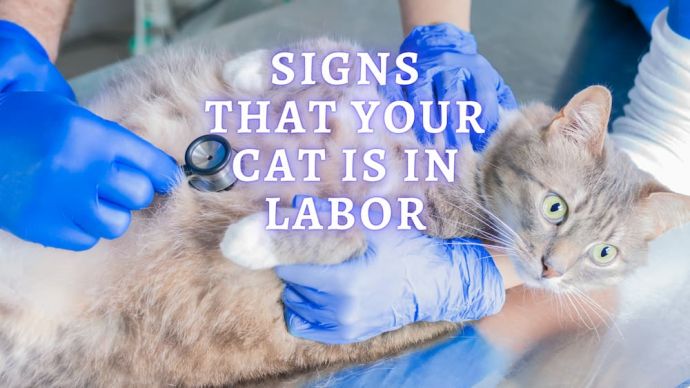 Cat Veterinary Tips Signs That Your Cat is in Labor: How to tell if a Cat is Pregnant?
Cat Veterinary Tips Signs That Your Cat is in Labor: How to tell if a Cat is Pregnant? - 14225
- 1
 Cat Care Why Does My Cat Attack My Legs? 10 Reasons Why and What To Do About It (Vet-Approved Advice)
Cat Care Why Does My Cat Attack My Legs? 10 Reasons Why and What To Do About It (Vet-Approved Advice) - 45566
- 21
 Cat Veterinary Tips Cat Stomach Gurgling: Vet Advice on Why is Your Cat Stomach Gurgling?
Cat Veterinary Tips Cat Stomach Gurgling: Vet Advice on Why is Your Cat Stomach Gurgling? - 35339
- 4
 Cat Veterinary Tips My Cat Lost its Voice: Can Cats get Laryngitis? (Vet Advice)
Cat Veterinary Tips My Cat Lost its Voice: Can Cats get Laryngitis? (Vet Advice) - 23247
- 13









